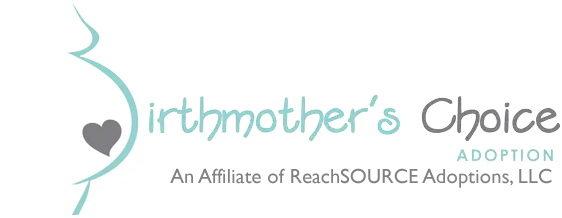Birthmother’s Journey After Baby Is Adopted
As a birthmother you have a unique journey after your baby is adopted. However, you may face postpartum after your child is placed for adoption. in a new home. While this is a struggle faced by mothers and birthmothers alike, you may have symptoms that other moms can’t relate to. These are the most common symptoms of postpartum depression for a birthmother and placing a child for adoption can make it more difficult.
Handling Anxiety – You may feel overly worried or self-conscious about your decision. Or uncertain about how to transition into your new role as a birthmother. Anxiety disorders are common among young women, and motherhood can heighten these feelings. The best way to deal with anxiety is by practicing self-love. Spend time with friends, do activities that you enjoy, exercise, or give yourself a personal day to relax and feel rejuvenated.
Overcoming Lack of Energy – Your body needs time to adjust after childbirth. It takes months for most women to feel completely “normal” again. Your hormones will have an imbalance for a while which may cause lethargy or fogginess. The best way to combat this is to stay active, get plenty of rest and eat foods that boost your natural energy and hormone levels.
Dealing with Insomnia – Sleepless nights can cause serious problems mentally and emotionally, but it is a common symptom of postpartum depression and anxiety. Occasional restlessness can be fixed with relaxation techniques and adopting a regular sleep routine, but chronic insomnia may require medication. Talk to your doctor if the insomnia persists for medical and psychological causes and treatments.
Understanding Guilt – All mothers can feel guilty at times for decisions they make on behalf of their children or things they wish they would have done before their child was born. But, you have nothing to feel guilty about choosing adoption. Your choice was made out of love, and the emotions you have now are just a part of the transition.
If you have any of these changes in mood after your baby is born, talk to some and ask for help. Whether it’s a friend, family member, or a therapist, you need someone to help you with these symptoms and other aspects of postpartum depression you experience.

